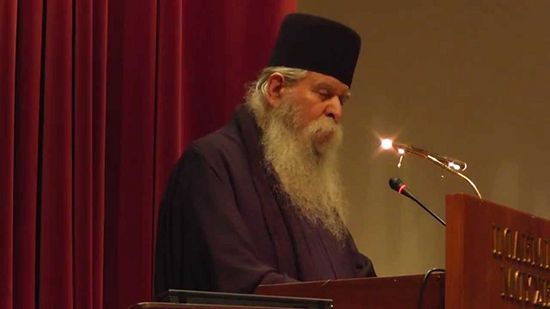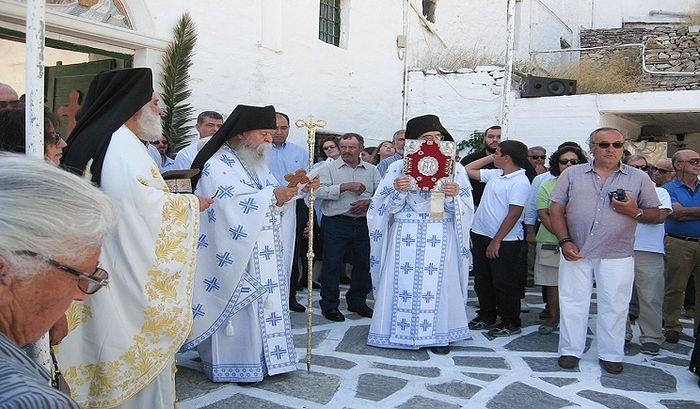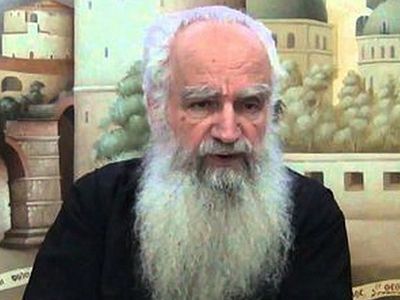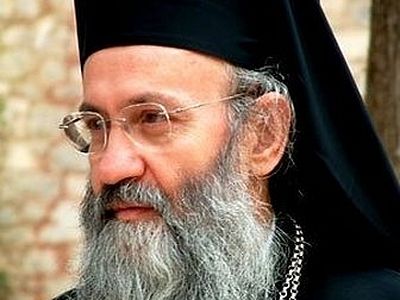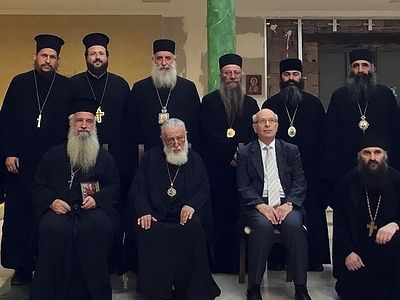Moscow, March 20, 2017
The controversy over Ecumenism in the Orthodox Church, broiling throughout the twentieth century, has escalated since last year’s council on the island of Crete, which gathered ten of the fifteen Local Orthodox Churches and produced a series of documents that many throughout the Orthodox world have criticized to one degree or another. Amid a growing number of clergy and monasteries choosing to cease commemorating their bishops, another Greek monastery has taken a further step.
As Orthodox Ethos reports, with reference to Orthodoxia Online, abbot of the Holy Monastery of the Life-Giving Spring in Paros, Greece Archimandrite Chrysostomos has formally submitted to the Holy Synod of the Greek Orthodox Church a detailed accusation of heresy against His All-Holiness Ecumenical Patriarch Bartholomew. In his letter the abbot has asked the Holy Synod to recognize as contrary to the Orthodox faith and condemn a series of twelve heterodox teachings from Constantinople outlined in the letter. The letter refers several times to ecumenical actions with and overtures towards the Roman Catholic confession.
“In submitting this letter to you,” Archimandrite Chrysostomos writes, “we place before the honorable body of the hierarchy of the Church of Greece the scandal caused to myself, our brotherhood, clergy, monks and countless laity, by the successive waves of heterodox teachings which have been expressed at various times by His Holiness, the Ecumenical Patriarch, Bartholomew, the pinnacle of which being the Holy and Great Council held in Kolympari of Crete.”
In addition to the twelve teachings outlined, the abbot points to nine relevant canons from the Church’s Tradition, and ends with a list of bishops, abbots, hieromonks, clergy, and theologians whom he suggests the Holy Synod call as supportive witnesses along with him to defend the accusations of his letter.
The Holy Monastery of the Life-Giving Spring, on the Greek island of Paros, was founded in 1638. It was abandoned between 1800 and 1825, but was revived and enjoyed its “golden age” from 1825 to 1930. In recent times the monastery is especially noted for the abbacy of the greatly-revered Elder Philotheos Zervakos, who guided the monastery from 1930 until his repose in 1980. The monastery celebrates its feast on Bright Friday when the feast of the Life-Giving Spring of the Theotokos is served.
A full translation of the abbot’s letter with further details is forthcoming from Orthodox Ethos.
